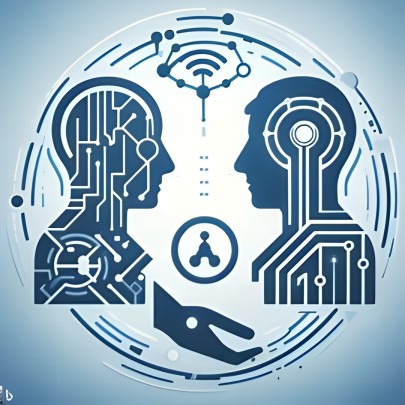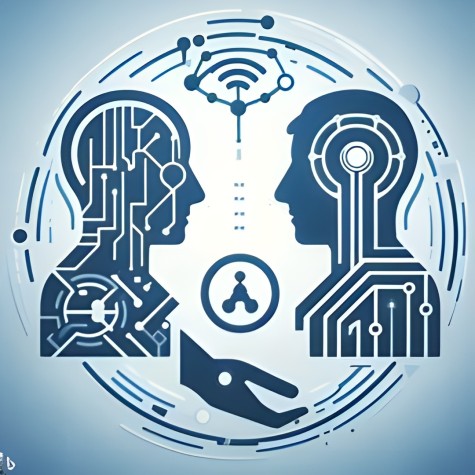Brief description
This research area stands at the intersection of advanced AI-driven information systems and human behavior. It investigates the subtle ways in which digital systems nudge human actions, while ensuring that such interactions prioritize user-centric privacy and security. The ultimate goal is to craft digital experiences that are not only seamless and intuitive but also ethically responsible.



